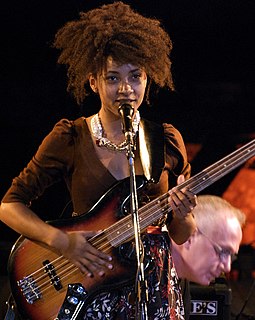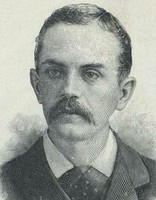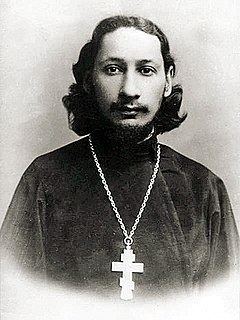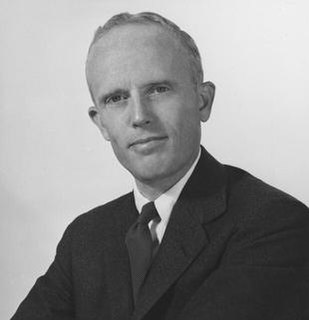A Quote by Jacques Monod
One of the great problems of philosophy is the relationship between the realm of knowledge and the realm of values. Knowledge is what is; values are what ought to be.
Quote Topics
Related Quotes
One of the great problems of philosophy, is the relationship between the realm of knowledge and the realm of values. Knowledge is what is; values are what ought to be. I would say that all traditional philosophies up to and including Marxism have tried to derive the "ought" from the "is." My point of view is that this is impossible, this is a farce.
We must take the abiding spiritual values which inhere in the deep experiences of religion in all ages and give them new expression in terms of the framework which our new knowledge gives us. Science forces religion to deal with new ideas in the theoretical realm and new forces in the practical realm.
Philosophy is the science of estimating values. The superiority of any state or substance over another is determined by philosophy. By assigning a position of primary importance to what remains when all that is secondary has been removed, philosophy thus becomes the true index of priority or emphasis in the realm of speculative thought.
Everyone recognizes a distinction between knowledge and wisdom. . . Wisdom is a kind of knowledge. It is knowledge of the nature, career, and consequences of human values. Since these cannot be separated from the human organism and the social scene, the moral ways of man cannot be understood without knowledge of the ways of things and institutions.
In creating a work of art, the psyche or soul of the artist ascends from the earthly realm into the heavenly. There, free of all images, the soul is fed in contemplation by the essences of the highest realm, knowing the permanent noumena of things. Then, satiated with this knowing, it descends again to the earthly realm. And precisely at the boundary between the two worlds, the soul’s spiritual knowledge assumes the shapes of symbolic imagery: and it is these images that make permanent the work of art. Art is thus materialized dream, separated from the ordinary consciousness of waking life.
I think you too recognize the important relationship between philosophy and art, and it is just this relationship that most painters deny. The great masters do grasp it, unconsciously; but I believe that a painter's conscious spiritual knowledge will have a much greater influence upon his art, and that it would be due only to a weakness in him, or lack of genius, should this spiritual knowledge be harmful to his art.
If you look at the India-US relationship for example, the role that the Indian diaspora has played in the relationship is extremely crucial. Yes, we share democratic values but there is also the great role that the Indian diaspora has played in strengthening the bond of friendship between India and the US, and of course in underscoring the democratic values between the two countries.



































